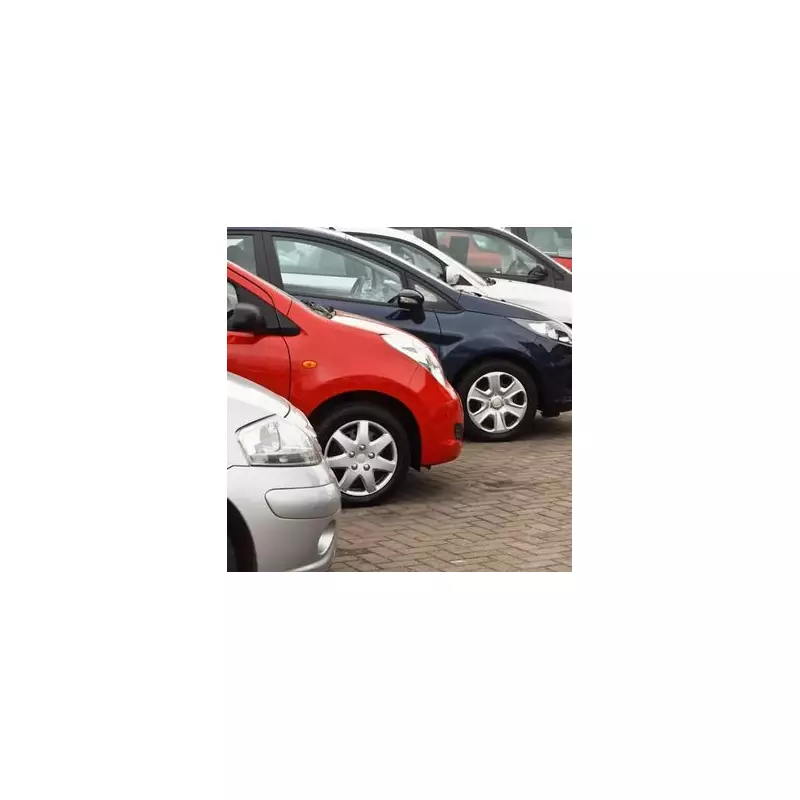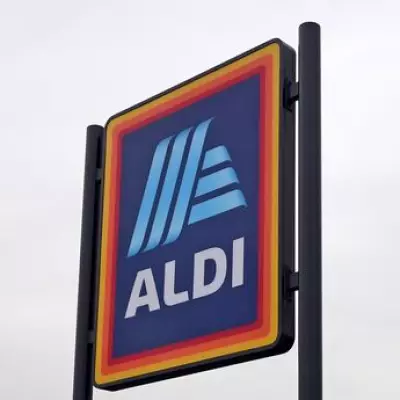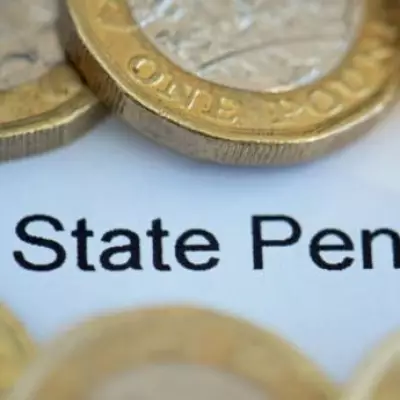
Millions of British drivers are falling victim to what experts are calling a 'systematic loyalty penalty' from insurance providers, with shocking new figures revealing the practice is costing motorists a staggering £4 billion every year.
The Loyalty Tax Exposed
Industry analysis has uncovered that insurance companies are deliberately charging existing customers significantly higher premiums than new clients for identical coverage. This controversial practice sees loyal policyholders, particularly those who automatically renew, paying hundreds of pounds more than they should.
How the Scam Works
Insurance providers employ sophisticated pricing algorithms that identify customers less likely to shop around. These long-term clients then face annual premium increases that bear no relation to their actual risk profile or claims history.
The most vulnerable targets include:
- Elderly drivers who prefer sticking with familiar companies
- Busy professionals who lack time to compare quotes
- First-time policyholders unaware of market practices
- Drivers with complex insurance needs who fear switching
The Financial Impact on Households
Average overpayments range from £150 to £300 per policy, creating a substantial financial burden for families already struggling with the cost of living crisis. Some cases show loyal customers paying up to 70% more than new customers with identical driving records and vehicles.
Fighting Back Against Overcharging
Consumer protection groups are urging drivers to take three crucial steps:
- Always shop around at least one month before renewal
- Use comparison websites as a starting point for research
- Negotiate with current providers using competitor quotes as leverage
The Financial Conduct Authority has implemented new rules requiring insurers to offer renewing customers the same prices as new ones, but campaigners argue enforcement remains inadequate.
The Human Cost
Behind the billions in overcharges are real families making difficult choices. The additional insurance costs are forcing some households to cut back on essentials, delay vehicle maintenance, or even consider giving up driving altogether.
As one industry insider confessed: 'We know exactly which customers will pay more without questioning it. It's built into our business model.'





